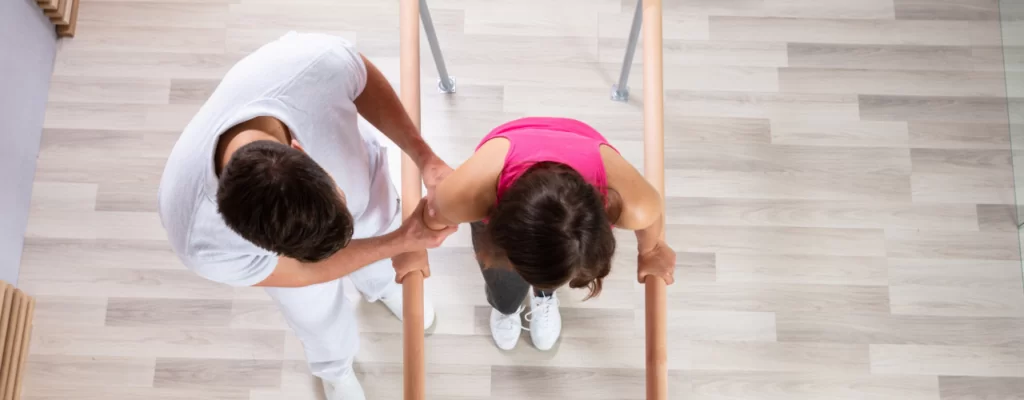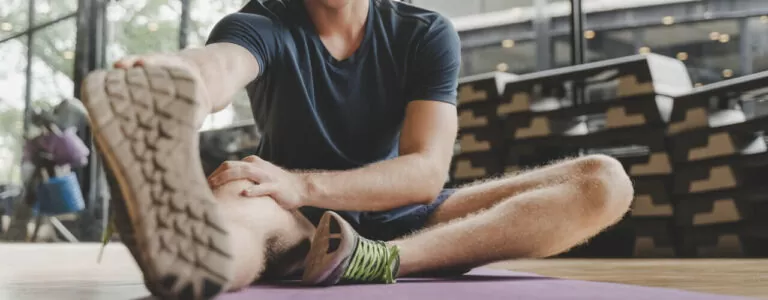If you’ve never experienced anything different, it might be hard to realize that pain during intercourse is not normal. Sex can be many things but it isn’t something you should ever have to suffer through!
Medically referred to as dyspareunia, pelvic pain can have a variety of causes that are treatable with physical therapy at Integrated Physical Therapy. Much of the time, this pain has to do with the position and/or tension of the pelvic muscles, fascia, scar tissue, nerves, and bones. The input of nerves into the muscles and skin within the pelvis, vagina, introitus, and perineum can also be a contributing factor.
Dyspareunia can sound like a vague and daunting diagnosis, but if you break it down into disruption of your efficient alignment, tight muscles, and weak muscles, it sounds much more manageable (because it is!). As physical therapists, we call these “mechanical” and “neuromuscular” issues.
Imagine you have a sore neck and shoulders. You can probably assume that you were overusing your upper traps, using a compensatory motion to make up for the weakness of a nearby muscle, or you were just sitting at your desk with poor posture… or all of the above! Now it makes sense why getting a massage on your neck and shoulders would be so painful. This idea is similar to what happens within the pelvis, but without the option of anyone being able to notice and cue you to “Relax, you look so tense!”
If it’s your pelvic floor muscles that are over activating, using a compensatory motion to make up for a weak core, or have inefficient alignment from the pelvic bones they attach to…or all of the above, then there’s a chance you will have pain during intercourse. Pelvic floor muscles are just like all the other muscles, except you can’t see them from the outside and people don’t often talk about them. So let’s keep talking about them!
Our McKinney physical therapists are experienced in creating a safe and supportive environment for improving your soft tissue and joint mobility that will maximize your comfort and overall well being. We can help to ensure optimal function within the pelvis, helping you to overcome the frustrating pain of dyspareunia. If infection, vaginal dryness, skin irritation, or inflammation turns out to be the biggest contributor to your pain, we also work closely with other health professionals and can help you to assemble the best team to address your pain.




